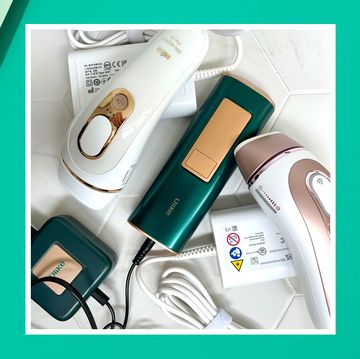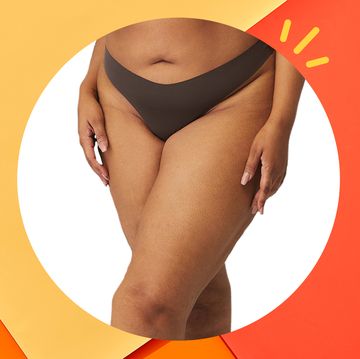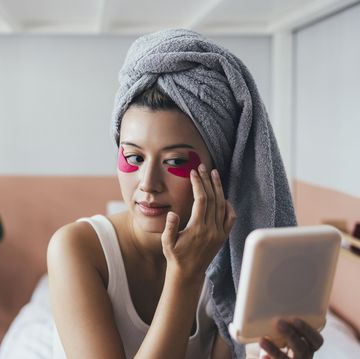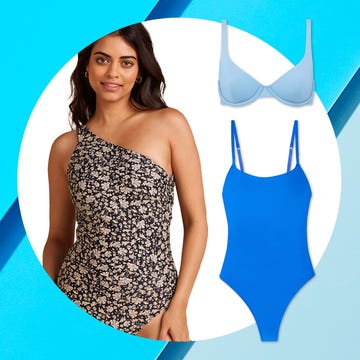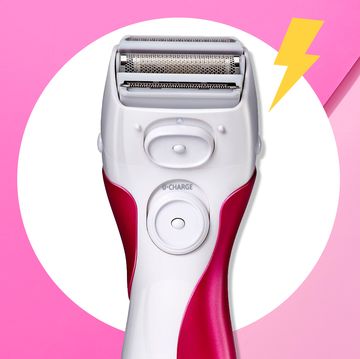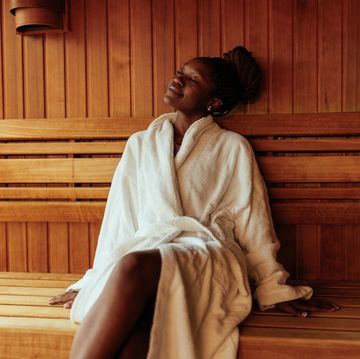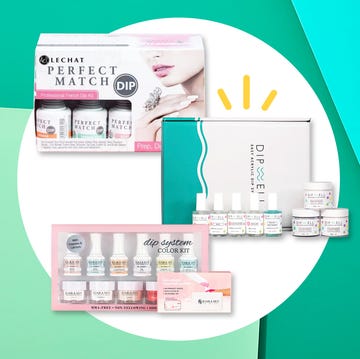As obesity rates, health-care costs, and an emphasis on prevention all rise, so does the wellness realm: It's set to be the next trillion-dollar industry, according to data from private market research firm Women's Marketing Inc., in partnership with Rodale (the publisher of Women's Health). So it's no wonder that wellness coaching is one of the fastest-growing areas of the overall coaching industry. An estimated 20,000 coaches have sprung up since the field emerged 17 years ago, says Margaret Moore, CEO of training school Wellcoaches Corporation and codirector of the Institute of Coaching at McLean Hospital in Boston.
And there's the catch: Because the specialty is still relatively new, there's no organization that ensures all wellness coaches get proper training and stick to standards—or requires them to have any qualifications. Anyone can hang out their shingle as a wellness coach—the mom who has read a few books about nutrition, the trainer at the gym, or your multilevel-marketing Facebook friend who's constantly hawking supplements. Lots of people who bill themselves as wellness coaches have no idea what that really means. "The word wellness is pretty vague, so that might contribute to the problem—and there's a risk that unqualified coaches could do more harm than good," says Webster. Here's how to hire the right person.
A Good Coach Will...
Work with your doctor. "Reputable coaches are interested in having a dialogue with your health-care provider," says integrative medicine physician Pamela Yee, M.D.
Related: 'I Drank a Gallon of Water Every Day for a Month—Here's What Happened'
Be driven to help. Ask why they got into the field. You want someone who loves helping other people meet their goals, not just a health junkie. "Just because someone loves to eat healthy or exercise doesn't mean she'll be able to help you do the same," says Pat Barone, a master credentialed coach from the International Coach Federation.
Pump you up. After your first convo with a coach, "if you don't leave feeling energized, it's likely not a good fit," says Margaret Moore, CEO of Wellcoaches Corporation.
Related: 7 Totally Not-Dumb Poop Questions You've Been Too Embarrassed to Ask
A Good Coach Won't...
Boss you around. "Good coaching isn't about talking; it's asking questions and listening to the answers," says family medicine doctor Seema Patel, M.D.
Reel off a cookie-cutter plan. "They should be able to describe what they do and why they do it—and it shouldn't be about prescribing you a program," says Moore.
Sell diet food or supplements. "The point of coaching is to help you find your personalized path to health," says Moore. "If a coach is selling something, they want you to take their path."
Get defensive. "Ask them what they learned in training, and how much hands-on practice they received. The more people you train, the more adept you get," says Moore. If they act huffy about your questions, that's a red flag, says clinical psychologist Ben Michaelis, Ph.D., author of Your Next Big Thing. "You need to feel like you can really talk to this person."
This article originally appeared in the March 2017 issue of Women's Health. For more healthy recipes, pick up a copy on newsstands now!





